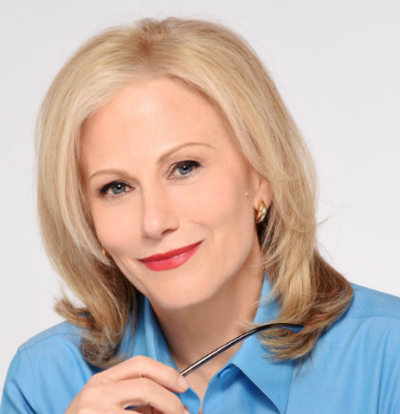You might assume that a 21-year-old—one who had just graduated from college with honors, say, and started working as a data analyst—would know how to order lunch. That he’d be able to walk to the corner deli to pick up a sandwich and drink without making a frantic phone call to a parent. And you’d be wrong.
Such is the life of the newly minted millennial worker, as reported to me by one astonished mother. On his first day of work as a data analyst at a law firm, he phoned in a beverage consult. Could be get a beer to go with his BLT?
Uncertainty and anxiety seem to plague this generation, especially when it comes to starting a profession. That’s because the move from school to job is not smooth and linear. It’s bumpy and scary.
Parents wonder how to position themselves in a child’s post-college life. Should they try to smooth the way, step back, or wonder what they’ve done wrong? Relax. It’s okay to take a step back—especially because much of the graduate’s angst has to do with where they’re coming from–not where they’re going.
In college, professors nurture students and guide them with individualized instruction. At work, bosses want the task done yesterday—without any hand holding. In college, students can be self-paced. At work, supervisors set the pace—usually rapid. Assignments and deadlines can pop up suddenly, and if you thought you were going to the gym at 5:00, think again. The client comes first.
Where school is “me-centered,” work is “you-centered.” Adolescence, with its natural self-involvement comes to an abrupt halt at the office door. College-to-work is one of the most disorienting transitions in life for many developing adults, and can lead to insomnia, anxiety and even depression if left unchecked.
Peer relationships shift, too. College friends carry similar workloads, dress pretty much the same and have equal access to school resources. Students put themselves in like-minded groups and probably see similar, or at least equivalent, futures for themselves. But, post-graduation, a new sorting system starts, one largely centered around choice of career and salaries.
The friends who happily ate pizza together during finals week, now might find mealtimes awkward. One can barely afford the cheeseburger deluxe from a diner while another “expenses” a $200 steak-house meal on a company credit card. Wages dictate lifestyle, and if one friend works at a nonprofit and the other at a hedge fund, they’re moving in different circles with a new normal. This can strain friendships because it highlights the differences between former friends.
But a dose of adulthood leads to growth and the chance to develop a backbone. Dealing with the egos of those above you in a hierarchy forces a new self-reflection, patience and emotional resourcefulness. People develop the confidence to supply their own answers rather than turning to parents reflexively. Learning on the job becomes as much about emotional maturity as career advancement.
Still, even with the strides they make, the newest generation of professionals seems to find the hurdles to adulthood especially difficult to surmount. Why is that?
The easy answer is “helicopter parenting.” That’s certainly a contributor to the problem. Yet, I’d go beyond that and posit that millennials—actually, post-millennials, who’ve yet to earn a moniker in popular culture—carry unique burdens. As children they witnessed the near collapse of the economy. Some saw parents suddenly unemployed and felt the anxiety of cancelled plans, mortgages unpaid and futures called into question.
This is also the first true generation to grow up with social media and the glossy self-advertising that inevitably invites comparison and envy.
The path of young college graduates is complex, and the workplace is a brave new world to them. But if they get lunchtime right, give them some credit. It could be a first step toward a successful future.


